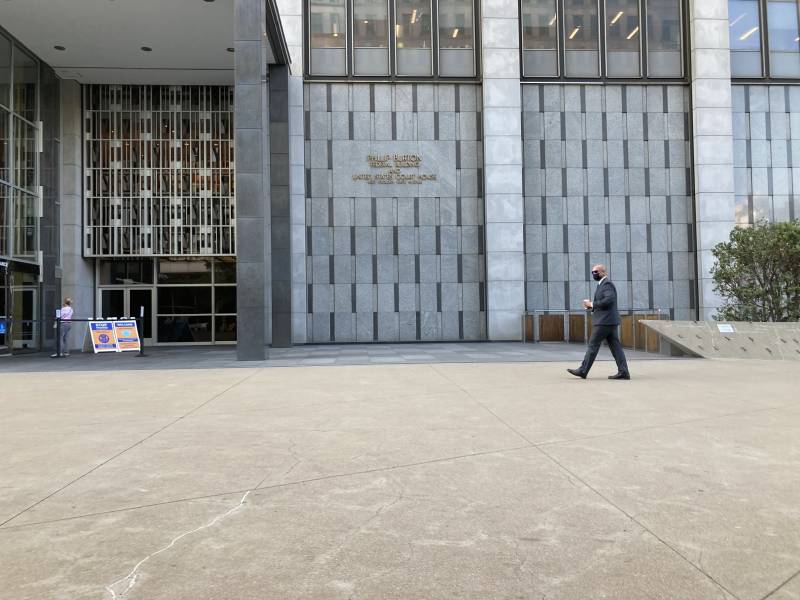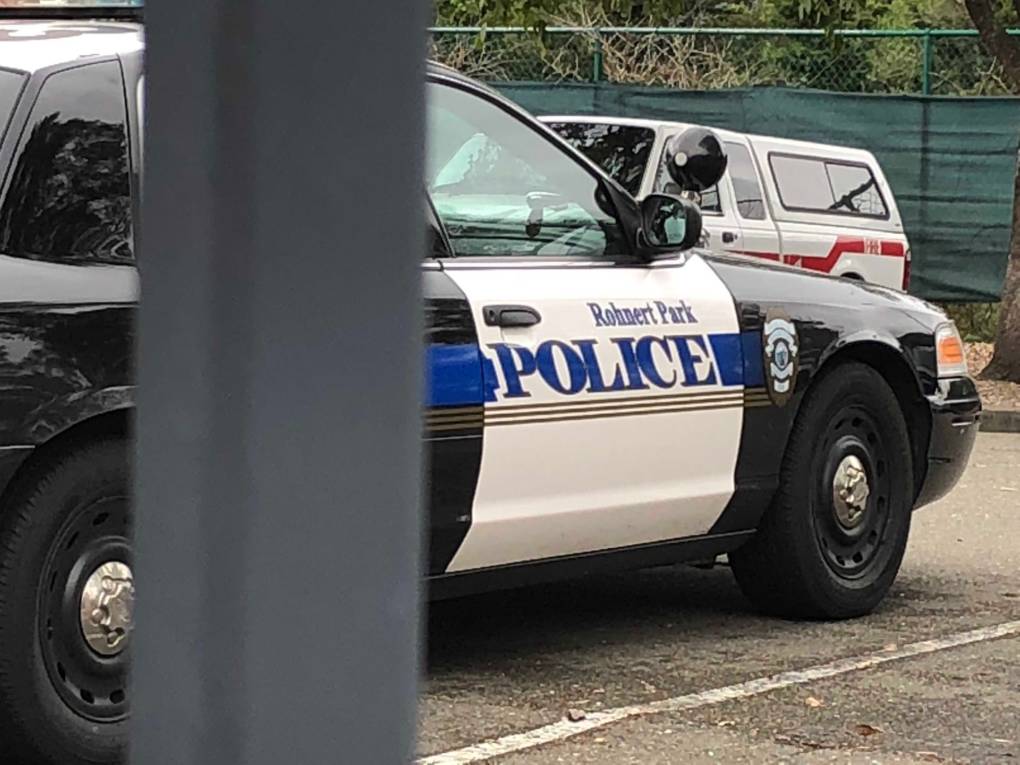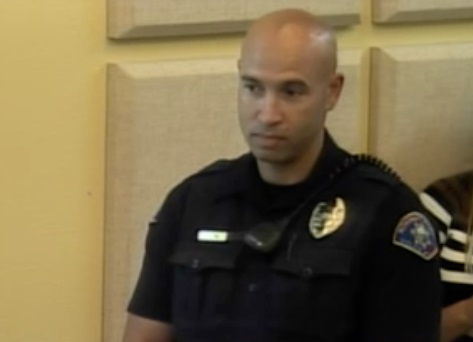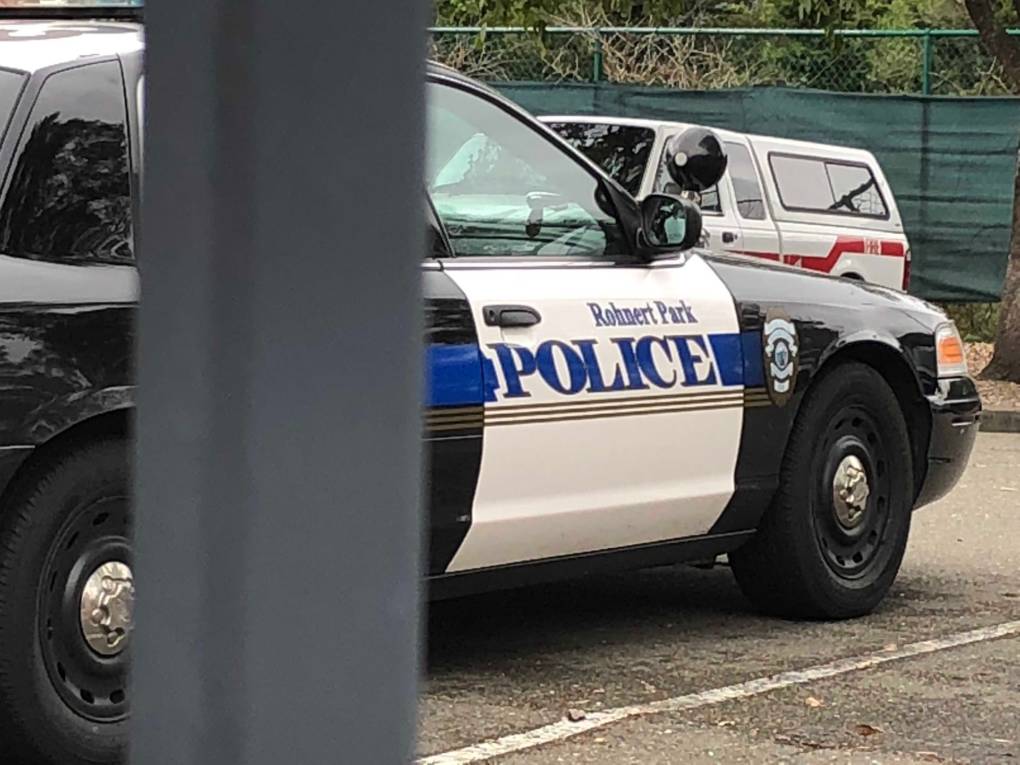“Guilty, your honor,” he said.
Tatum declined to publicly comment at Wednesday’s hearing. But about an hour after the court hearing, his lawyer, Stuart Hanlon, emailed KQED about Tatum’s plea.
“My client plead guilty to all charges he is facing because he is in fact guilty,” Hanlon said. “He realizes he has made huge mistakes and that there will be serious consequences for him. He is ready to face these consequences. The first step is to admit what he has done.”
Hanlon said Tatum’s career as a “good and honest police officer” will be overshadowed, adding that Tatum would “accept the judgement of the Court.” He said his client wants to try to make up for what he has done and focus on his family.
“To say he is sorry for what he has done does not come close to expressing his regret and shame,” Hanlon added. “He knows he will go to prison, but that time will end, and he will begin a next part of his life. He does not intend to let his criminal acts define who he is.”
Zeke Flatten, a Texas-based man who was the first person to come forward with allegations that he was robbed by police officers posing as ATF, sat watching this unfold in the courtroom. After Wednesday’s hearing, Flatten said Tatum’s guilty plea marks the “beginning of the end” of the years-long case.
“It was amazing to hear him plead guilty,” Flatten said. “I think it kind of just solidified everything.”
Huffaker has so far pleaded not guilty to all the charges. His lawyers declined to comment on what Tatum’s admission of guilt means for their client.
More than three years ago, KQED, in partnership with The North Coast Journal and independent journalist Kym Kemp, first reported allegations from a string of motorists who said that Rohnert Park police officers improperly seized cash and marijuana from them during traffic stops along the border of Mendocino and Sonoma counties, 40 miles north of the small suburban town of Rohnert Park.
Tatum was in charge of Rohnert Park’s drug interdiction and asset forfeiture efforts. Between 2013 and 2018, the team led by Tatum seized around $3.6 million from motorists under civil asset forfeiture provisions that allow law enforcement to take cash they suspect is connected to criminal activity. Much of that money was turned over to his department.




